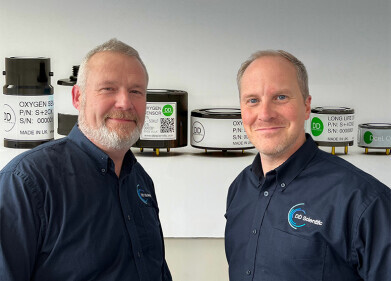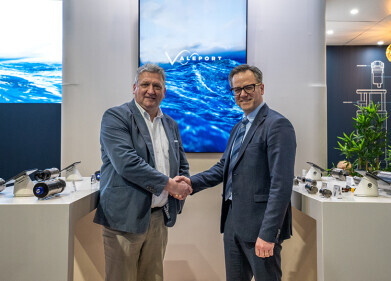Business News
Why Was Iceland's Christmas Ad Banned? - The Story of Palm Oil
Dec 05 2018
The frozen food specialists Iceland have generated more publicity this Christmas from an advert which is not on TV than any of those from rival companies which are being televised. The controversial advert was banned by regulators due to its association with Greenpeace, which are deemed a political entity and as such in contravention of advertising laws in the UK.
The advert itself focused on Iceland’s decision earlier this year to remove palm oil from all of their own-label products by the end of 2018, in a bid to deter customers from fuelling this damaging trade. The palm oil industry is highly unsustainable and is responsible for the deforestation of much of Indonesia and Malaysia, resulting in the loss of habitat for countless species.
A devastating impact
As far back as 2011, the palm oil industry was already being condemned by the WWF as unsustainable, but seven years on it still remains a widespread practice. Indeed, the versatility and affordability of the substance means that it is an ingredient in over half of all the products on supermarket shelves, from biscuits to bread and cereal to chocolate.
However, its effect on the environment is catastrophic. In the Indonesian part of Borneo alone, it’s estimated that the palm oil industry contributes to the deforestation of an area the same size as 146 football pitches every single hour. Some studies have concluded that this had led to the loss of over half of the orangutan population on the island between 1999 and 2015, with only a maximum of 100,000 specimens now remaining.
Raising awareness
In a bid to distance itself from the damaging industry and simultaneously raise awareness about its impact on our planet, Iceland announced in April it would be banning palm oil from all its own-brand products by the end of the year. This Christmas, it teamed up with Greenpeace to produce an advert featuring a cute orangutan baby who has lost its home and its family as a result of the palm oil industry.
The ad had originally been created by Greenpeace and used extensively in its own marketing campaigns, before Iceland acquired permission to remove the Greenpeace logo and rebrand it as its own. It was intended as a “we are all in this together” rallying cry to consumers to try and encourage them to alter their habits and shop more conscientiously.
Stickler for the rules
However, it was banned from being broadcast on television due to its overt connections with Greenpeace, which regulating body Clearcast deemed too political to be admissible according to the rules. The decision was not in any way related to the actual issue of deforestation itself - which still remains one of the biggest environmental concerns facing our generation - but rather its political connotations.
According to the broadcast code for advertising practice (BCAP), no commercial advertisement may be televised if it is “directed towards a political end”. Regardless, both Iceland and the issue of deforestation have benefited from the decision, since the media furore surrounding its prohibition has generated more publicity than they could possibly have hoped for.
Digital Edition
IET 34.2 March 2024
April 2024
Gas Detection - Biogas batch fermentation system for laboratory use with automatic gas analysis in real time Water/Wastewater - Upcycling sensors for sustainable nature management - Prist...
View all digital editions
Events
Apr 22 2024 Hannover, Germany
Apr 22 2024 Marrakech, Morroco
Apr 23 2024 Kuala Lumpur, Malaysia
Apr 23 2024 Kintex, South Korea
Apr 23 2024 Edmonton, AB, Canada



















